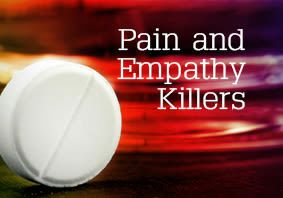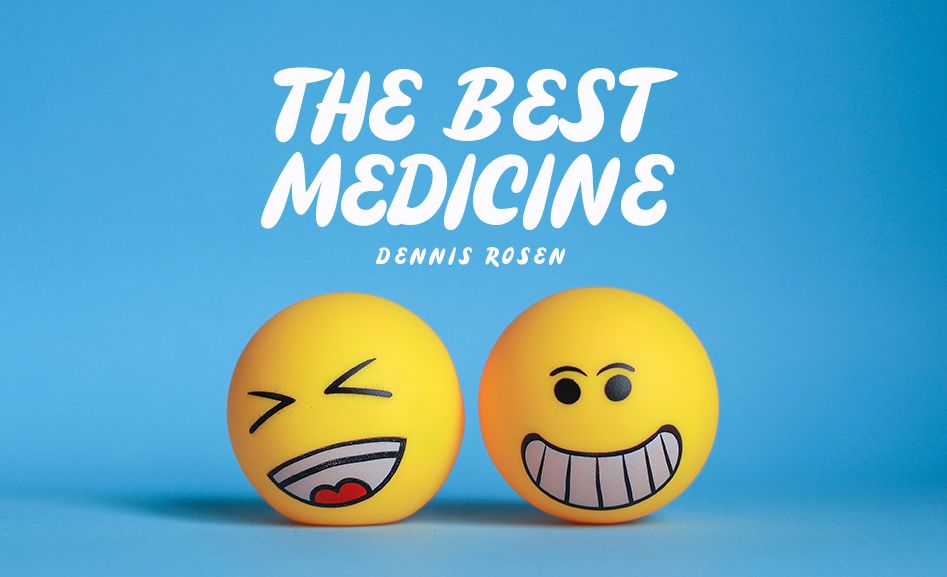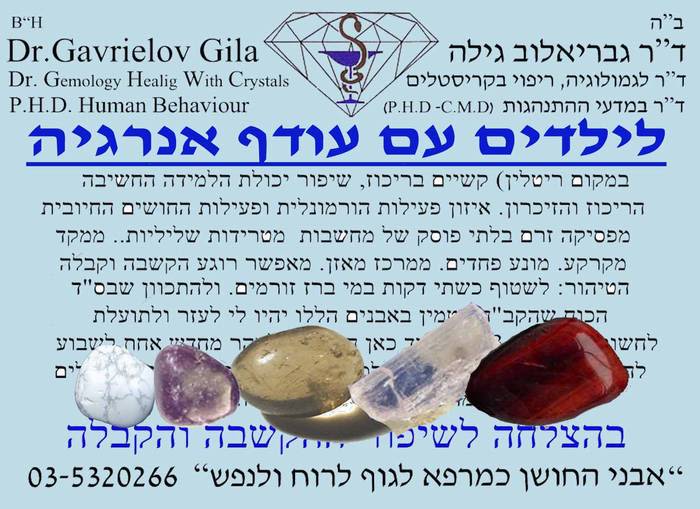
Pain and Empathy Killers
Acetaminophen (Tylenol in the US and Paracetamol in other places) is a popular painkiller that also kills our empathy for other people...

Dr. Jeremy Dean is a clinical psychologist. He reported on some recent research that we should all be concerned about. Every week almost one-quarter of Americans use a pain-killer called Acetaminophen – known as Tylenol in the US and Paracetamol in other places. Acetaminophen is also an ingredient in over 600 different medications, including being the main constituent of Tylenol.
According to a new study published in the Journal of Social Cognitive and Affective Neuroscience (Mischkowski et al., 2016), the popular painkiller does not just kill pain, it also kills our empathy for other people!
If that’s not alarming enough, research published last year, in the Journal of Psychological Science, (Durso et al., 2015), found that that acetaminophen also reduces the positive emotions of those taking it!
The Researchers admit that they don’t know why acetaminophen is having these effects, but let’s face it – empathy and positive feelings are really important, especially if you’re married and have kids.
The study’s author writes: “If you are having an argument with your spouse and you just took acetaminophen, this research suggests you might be less understanding of what you did to hurt your  spouse.”
spouse.”
What is the deeper emuna message that we can take from this news? I think it is that we must learn more about the psychological, spiritual, and fitness tools that are available to us to alleviate pain. Pain is the number one complaint that doctors hear from their patients and yet it is the number one symptom that they are least qualified to alleviate – other than by prescribing pills.
This is because doctors are trained in anatomy, physiology, neurology and so on, but they don’t get much training in how to help people with the psychological, emotional aspects of pain. Even most psychiatrists may not be trained to help people to alleviate pain in natural ways.
The problem is that pain is complex. Most forms of pain are a combination of physical and emotional factors – in other words – psycho-physiological. The biggest factor that can shift our experience of pain is our ability to shift what we believe about the pain. Shifting beliefs is the domain of an emuna therapist, not a doctor.
Young women who hear “horror stories” from their mothers about how painful it is to give birth, form a belief about childbirth that only increases the amount of pain and anxiety they have when it’s their turn to have a baby. But when the women undergo procedures such as hypno-birthing and other forms of treatment that empower them to believe that they can stay calm, they then experience less discomfort and more joy and gratitude for the miracle of birth. They also then bond with their newborns better than the more anxious fearful mothers do.
When the emotional factors like fearful anticipation of future pain, traumatic memories of past pain, and stories people hear about other people’s pain are factored in, the actual level of a person’s pain and suffering is usually much higher than the amount of pain that is coming from a particular illness or injury by itself. Most pain has at least some psychological component to it that can be reduced without medication or with less medication.
There is a new breed of doctors who have become “pain specialists.” You might find them working in an “interdisciplinary pain treatment center.” A pain center might have, in addition to the medical staff, a psychologist and a biofeedback specialist on the team. Usually the psychologist gets a crack at the poor pain patient first to see if non-medical, non-invasive procedures will work before morphine pumps and other types of surgical procedures can be authorized. However if the medical staff has negative beliefs about the viability of psychological and spiritual approaches to pain-relief, then these limiting-beliefs get transferred to the patient who may get impatient and rush into an invasive procedure. It could also be that the surgeon may need to document that he made a psychological referral before he can operate.
We need to have more emuna in our own ability to reduce most types of every day pain on our own and with the help of Hashem. I discovered this “accidentily” once when I burned my hand in the kitchen. There was nothing around to take and the pain was becoming intense. I still don’t know why but I suddenly started to think about fruit (of all things). First a tangerine, which was about the size of the burn on my hand. Then I saw the tangerine become a plumb and the plumb became a grape – by the time the grape became the size of a raisin the pain was lessened considerably. It was gone completely by the time the raisin turned into a tiny seed. That experience taught me how powerful our thoughts and visualizations can be – especially when we need them to be because there is no other option.
This doesn’t mean that we should ignore pain that persists or that is intense. Serious pain and other physical sensations must be checked out by a physician. Chronic persistent pain may be an indication of a real problem that needs to be dealt with. For example persistent headaches could be a tumor, G-d forbid.
What’s next for us? We should re-read the Garden of Healing and always try natural remedies before pain-killers and medical procedures.
What’s next for the anti-pain-killer researchers? I read that their next mission will be to examine ibuprofen, commonly known as Advil, to see what that’s doing to us.











Tell us what you think!
Thank you for your comment!
It will be published after approval by the Editor.